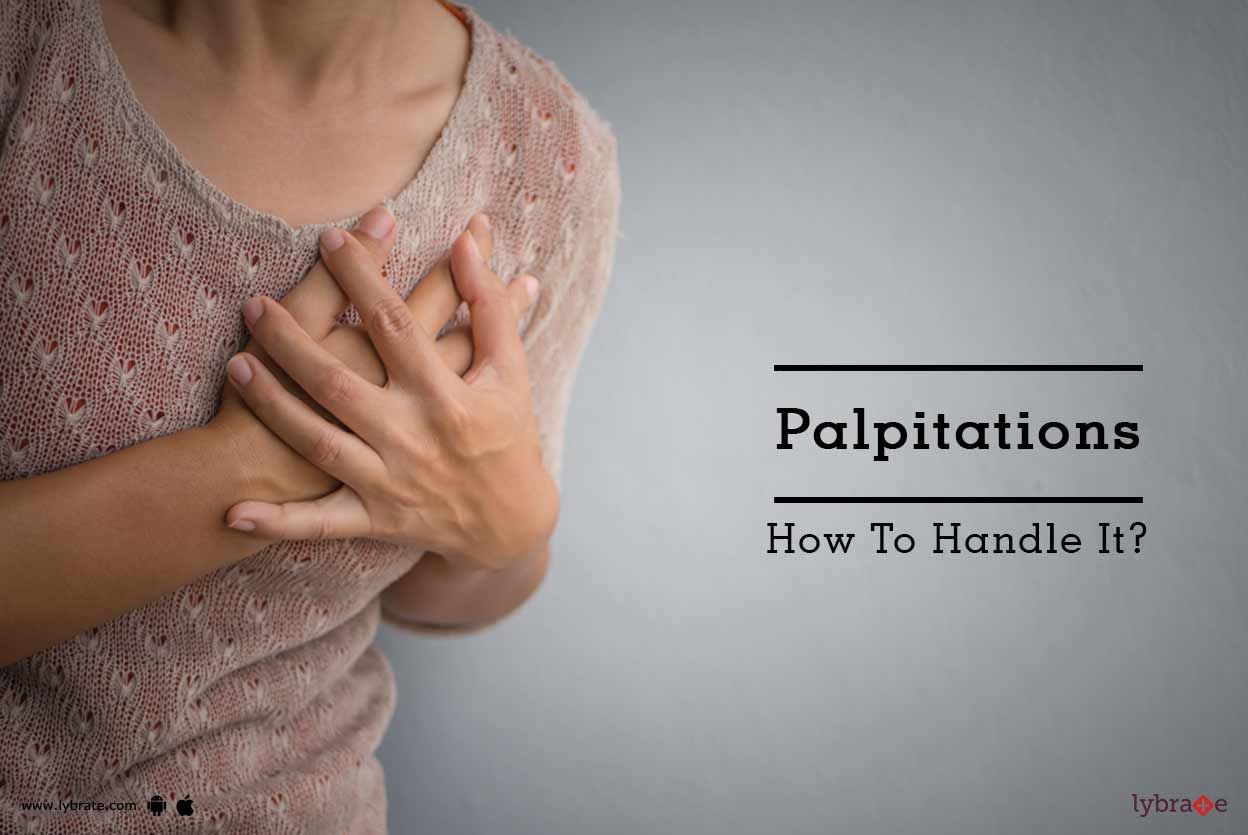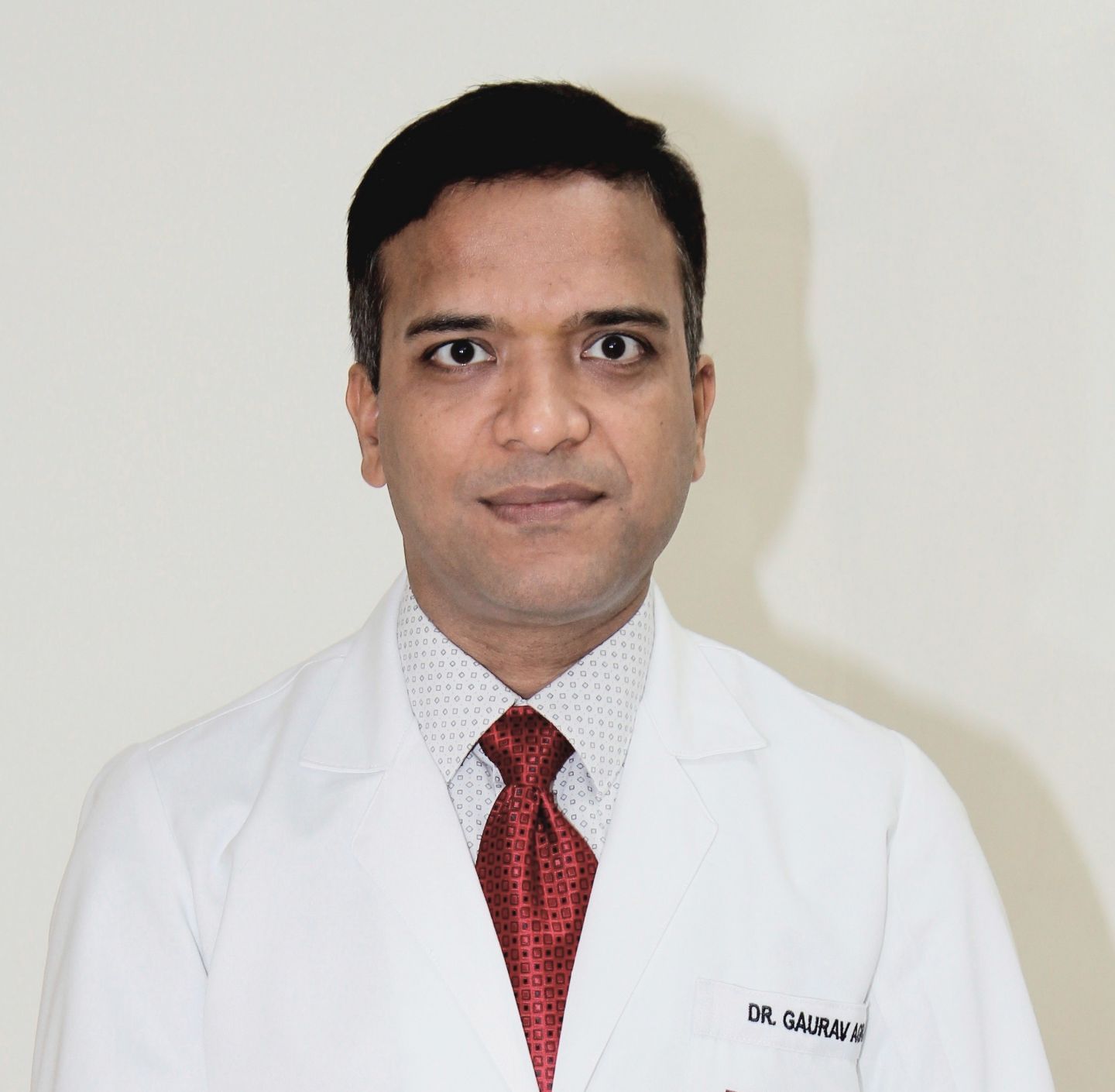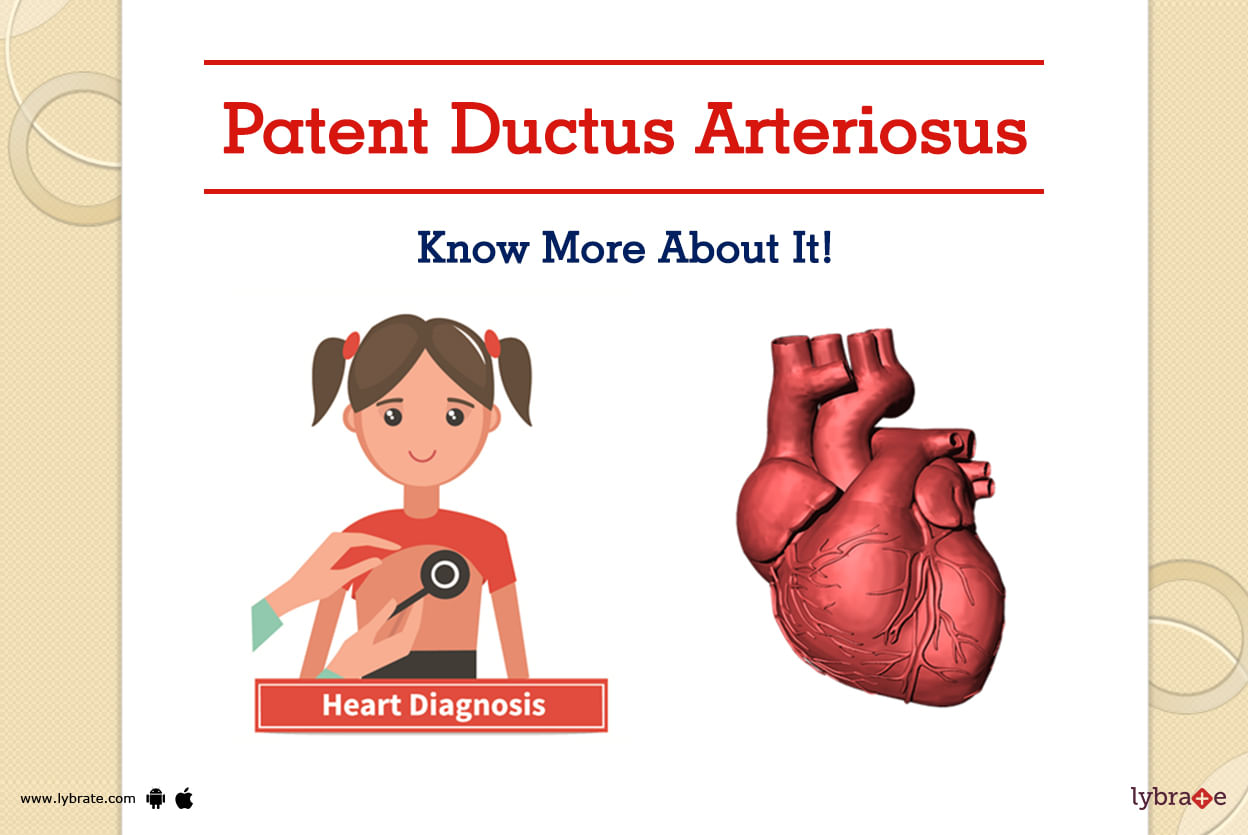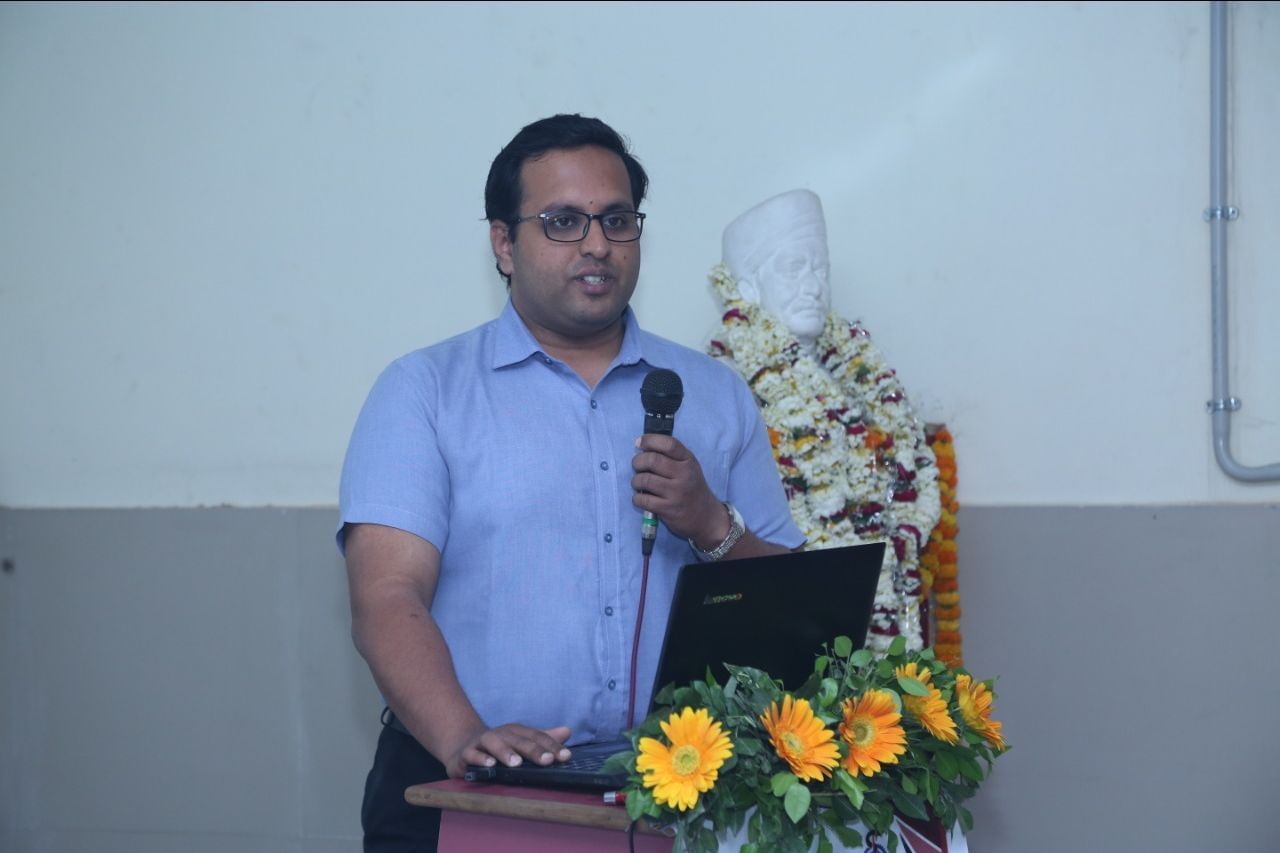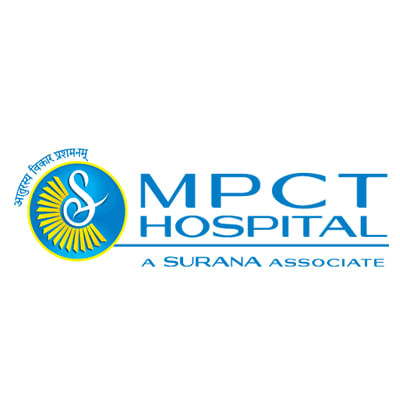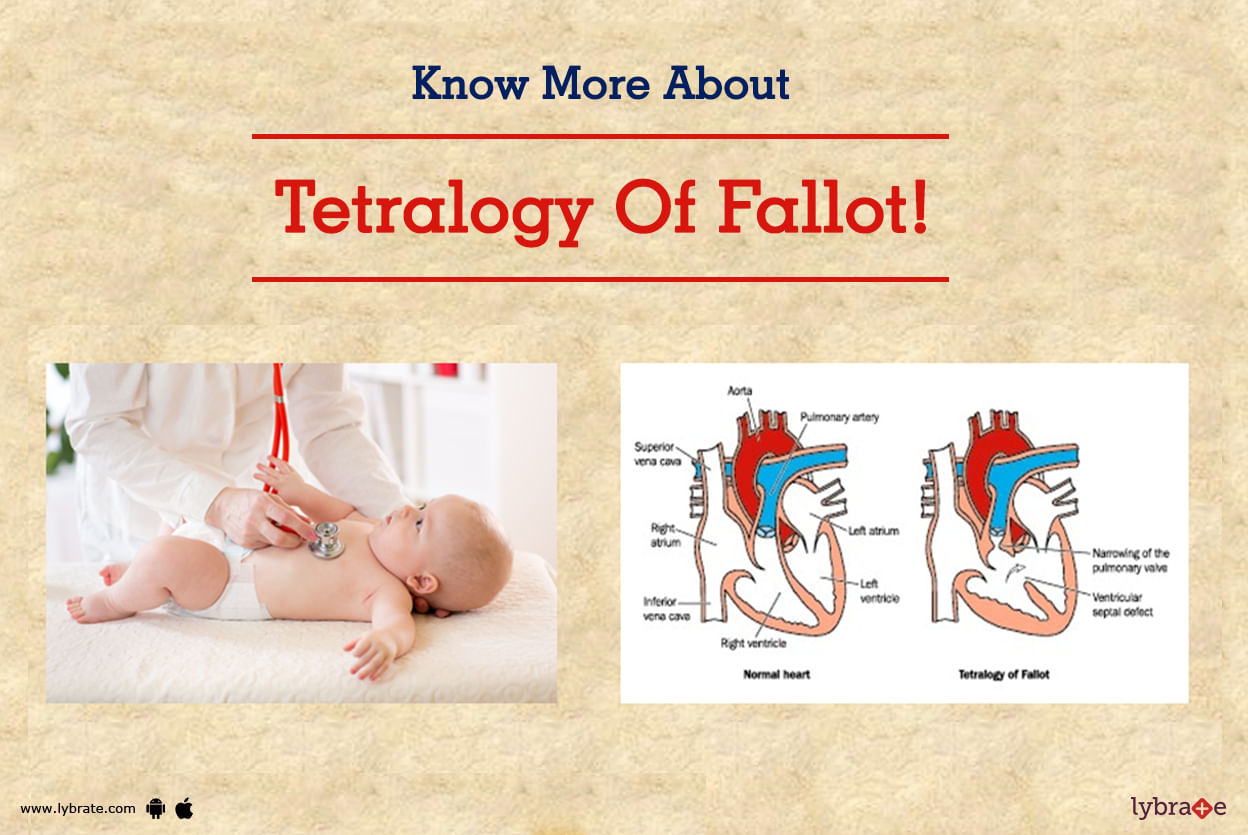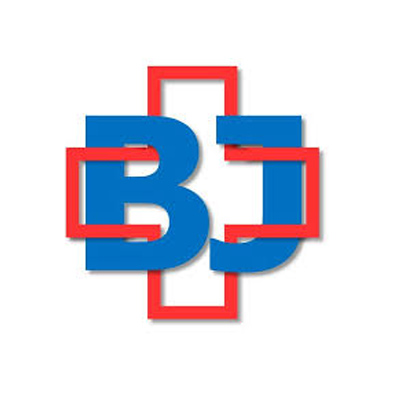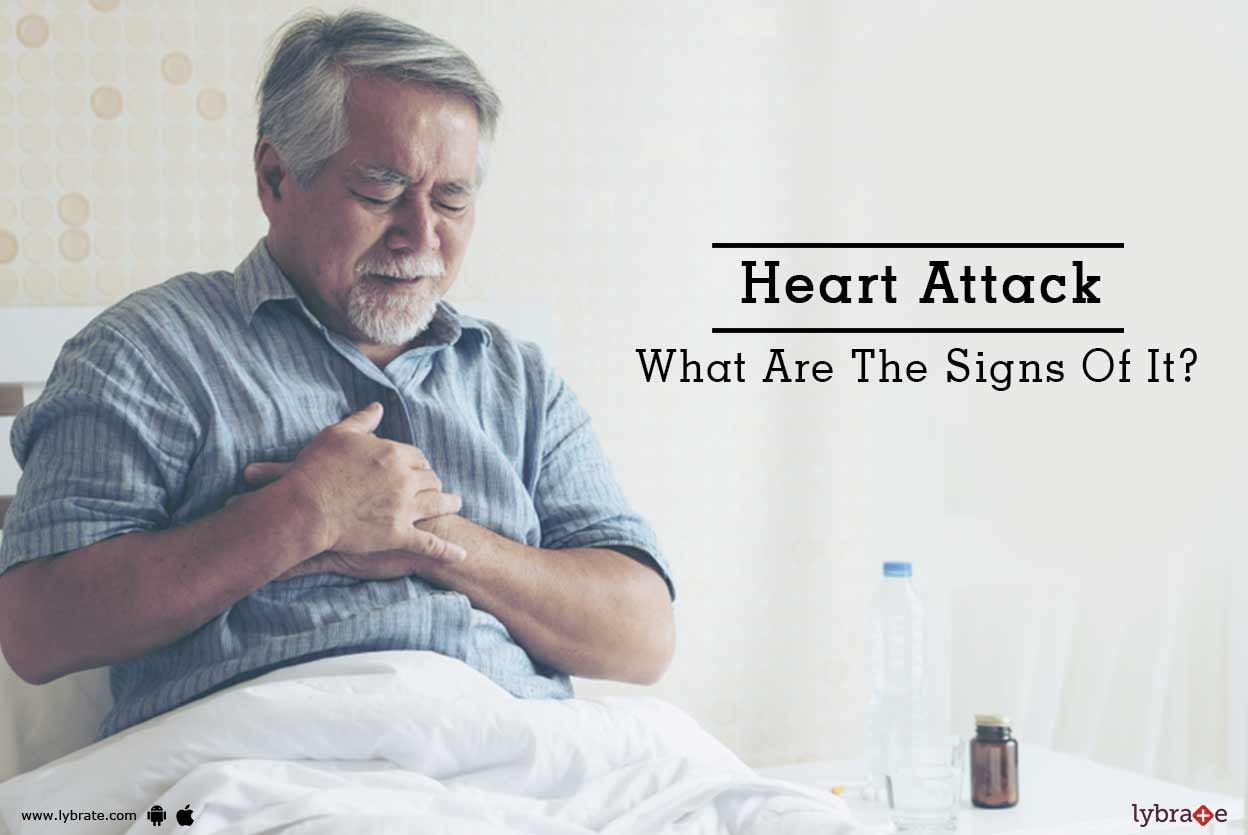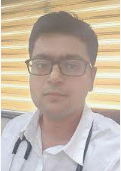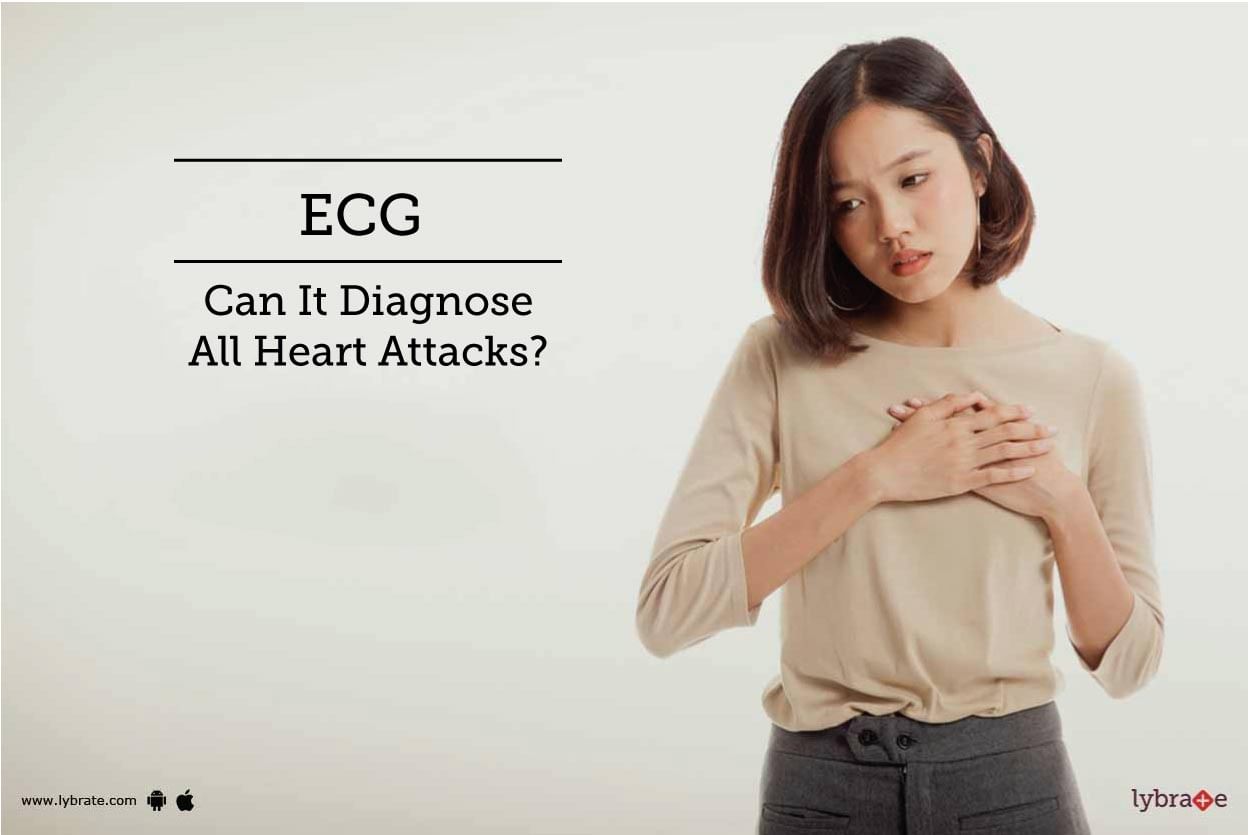Get the App
For Doctors
Login/Sign-up
Health Feed
Find Doctors
Health Packages
AllQ&AsTipsQuizzes
Heart And Blood Vessel Disorder Tips
Last Updated: 6 years ago• Featured Tip
Share
Bookmark
Report
What is Palpitation?
Palpitation is a feeling of awareness of your own heartbeat.
It is usually described as heart rate being either too fast (racing), too slow or a sensation of missing a beat.
Types of palpitations?
Normal (Benign) -
These palpitations occur as a response to physical or mental stress like exercise, fever, pain, fear, anxiety etc.
They are harmless and settle on their own once the precipitating factors disappear. They do not requir...more
Palpitation is a feeling of awareness of your own heartbeat.
It is usually described as heart rate being either too fast (racing), too slow or a sensation of missing a beat.
Types of palpitations?
Normal (Benign) -
These palpitations occur as a response to physical or mental stress like exercise, fever, pain, fear, anxiety etc.
They are harmless and settle on their own once the precipitating factors disappear. They do not requir...more
Last Updated: 6 years ago• Featured Tip
Share
Bookmark
Report
MBBS, MD - Paediatrics, FNB Pediatric Ca...read more
Pediatric Cardiologist•Delhi
While every parent wants their children to be born healthy, some infants have a range of disorders present at the time of birth.
Patent Ductus Arteriosus or PDA is one such condition that manifests in children when they are born.
Here is all you need to know about Patent Ductus Arteriosus (PDA).
What is PDA?
PDA is the opening between the two major blood vessels leaving from the human heart. The ductus arteriosus is an essential part of a child s circulatory system befo...more
Patent Ductus Arteriosus or PDA is one such condition that manifests in children when they are born.
Here is all you need to know about Patent Ductus Arteriosus (PDA).
What is PDA?
PDA is the opening between the two major blood vessels leaving from the human heart. The ductus arteriosus is an essential part of a child s circulatory system befo...more
Last Updated: 6 years ago• Featured Tip
Share
Bookmark
Report
Heart disease is a very broad term and includes various heart conditions ranging from muscular, circulatory, to nervous conditions. For an individual to develop any heart disease, there are two definite sets of risk factors the fixed ones and the variables. The fixed ones are those that cannot be majorly modified and include genes and advancing age. The variable ones are lifestyle changes and include factors like stress levels, smoking, food habits, physical activity, etc.
There is a ...more
There is a ...more
Last Updated: 6 years ago• Featured Tip
Share
Bookmark
Report
Cholesterol is one of those terminologies that need a clear and fresh understanding, right from scratch. It is nothing but obvious and common for you to primarily know about the ill effects of cholesterol and what it does to your body; from increasing the risks of cardio-vascular diseases to adding to your waistline. However, it is time we all got a fresh perspective on what cholesterol is.
So, to start off, what is actually cholesterol?
It is a waxy substance produced by the l...more
So, to start off, what is actually cholesterol?
It is a waxy substance produced by the l...more
Last Updated: 6 years ago• Featured Tip
Share
Bookmark
Report
Many people know that smoking causes several problems including cancer, heart disease, and respiratory disease. However, there are other diseases occur because of smoking and chewing tobacco. Buerger's Disease is one such disease in which the blood vessels in legs and arms get blocked. This blockage will interfere in blood flow and results in forming blood clots. These clots will affect both legs and
hands.
Buerger's Disease is also known as Thromboangitis Obliterans. It is a type of vas...more
hands.
Buerger's Disease is also known as Thromboangitis Obliterans. It is a type of vas...more
Last Updated: 6 years ago• Featured Tip
Share
Bookmark
Report
If you are concerned about the health of your heart, one of the primary and most important things to do is quit smoking. Avoiding and abstaining from smoking will heal the nicotine damage caused to your heart. This will enable you to lead a long and healthy life. Here are the reasons why you should quit smoking for the sake of your heart:
Reduced risk of a heart attack: The benefits of not smoking start hours after you quit, and the heart rate and blood pressure get normalised slowly. B...more
Reduced risk of a heart attack: The benefits of not smoking start hours after you quit, and the heart rate and blood pressure get normalised slowly. B...more
Last Updated: 6 years ago• Featured Tip
Share
Bookmark
Report
Multi Speciality•Mumbai
The heart is a muscle that pumps blood to the body through a network of arteries and veins controlled by valves. A heart disease could mean a problem in any of these organs, heart per se, the blood vessels, or the valves. Like it or not, heart problem is a chronic condition. It starts without any notice, and for sure, it is not going to go away completely. What can be done, though, is to manage it beautifully and lives and enjoy life so that the heart disease is not stopping you.
When t...more
When t...more
Last Updated: 6 years ago• Featured Tip
Share
Bookmark
Report
MBBS, MD - Paediatrics, FNB Pediatric Ca...read more
Pediatric Cardiologist•Delhi
Tetralogy of Fallot (TOF) is a commonest congenital cyanotic heart disease.
TOF is having a combination of large VSD with severe obstruction of blood flow to the lungs that result in bluish-black discoloration of lips and fingers due to flow of oxygen-deficit blood to the body parts.
The four defects that commonly associated with Tetralogy of Fallot (TOF) are
Ventricular Septal Defect (VSD) a hole formed in ventricular septum that is situated between two lower chambers of hea...more
TOF is having a combination of large VSD with severe obstruction of blood flow to the lungs that result in bluish-black discoloration of lips and fingers due to flow of oxygen-deficit blood to the body parts.
The four defects that commonly associated with Tetralogy of Fallot (TOF) are
Ventricular Septal Defect (VSD) a hole formed in ventricular septum that is situated between two lower chambers of hea...more
Last Updated: 6 years ago• Featured Tip
Share
Bookmark
Report
Cardiologist•Navi Mumbai
Heart attack, also known as myocardial infarction, is a severe condition where death of the heart muscle occurs because of the loss of blood supply. The blood loss usually happens because of the blockage of a coronary artery. Due to electrical instability, ventricular fibrillation is caused. Heart attacks may result in permanent brain damage or even death.
Symptoms of Heart Attack: There are many early symptoms and signs of heart attack, which should be recognized. Symptoms of heart att...more
Symptoms of Heart Attack: There are many early symptoms and signs of heart attack, which should be recognized. Symptoms of heart att...more
Last Updated: 6 years ago• Featured Tip
Share
Bookmark
Report
An ECG, or electrocardiograph, is a procedure to detect abnormalities in your heart by looking for unusual electrical signals from it. It is performed with the help of a machine called the electrocardiogram. This process is usually painless, and with very low risks for turning invasive. Therefore, it is recommended if you think you might have major heart disease. However, consulting your doctor before it is necessary.
She/he may prescribe it for you only when you have symptoms like ches...more
She/he may prescribe it for you only when you have symptoms like ches...more
Book appointment with top doctors for Heart And Blood Vessel Disorder treatment
View fees, clinic timings and reviews
Ask a free question
Get FREE multiple opinions from Doctors
posted anonymously


